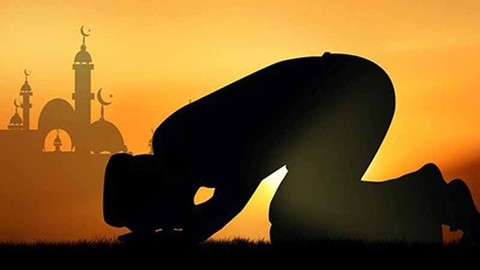We are discussing why the Middle East is such a disturbed region, and for that, we are trying to understand the history of the Middle East. In the last post, we saw how the world’s first civilization was born in the Middle East and how, after approximately 3500 years, the civilization of Mesopotamia came to an end. Today, we will see under what circumstances Islam emerged and what impact it had on the Middle East.
After Alexander, the Roman Empire dominated the Middle East for about 600 years. The center of the Roman Empire was in what is now the region of Italy. There were many differences between the Middle East and the Roman Empire in terms of culture and religion. This is why the Roman Empire had to face constant revolts. It was because of this fear that the Romans also killed Jesus, as they thought a popular religion could easily incite rebellion. Additionally, the Middle East has always been home to nomadic tribes. Just like in the case of India, we see that nomadic tribes continuously entered the Indian regions and these tribes were very cruel, so they often fought among themselves and also raided against the Roman Empire. Taking advantage of all these conditions, the Prophet Muhammad started a new religion. It is believed that in 610 CE, Prophet Muhammad received enlightenment. The God worshiped in the Muslim world as Allah himself gave knowledge to Prophet Muhammad, and thus started the journey of a new religion that we know as Islam.
If we look at the early days of Islam, the aim of Prophet Muhammad was to create a religion based on one God and equality in society. However, as we have seen, the nomadic tribes of the Middle East have always been quite cruel, so in the early days, Prophet Muhammad had to work as a military commander as well. And here both reasons were working, first aim of Prophet Muhammed was to protect his people so that people could trust him and the second was to preach Islam, for which it was necessary to expand his kingdom. The real problem starts after the death of Prophet Muhammad. After his death, the position of Caliph was established, and the Caliph became the most powerful leader of the Muslim world. The position of Caliph was very strong because he was both a religious and military leader, and that is why there were many struggles for this position, and people tried to gain this position on the basis of their power. Some even tried to give it a hereditary form, and because of this, the Muslim world split into many groups, and many times these groups also fought among themselves. Even today, we see this power struggle, and Saudi Arabia, Iran, Turkey, and Egypt all want to present themselves as leaders of the Muslim world. Along with this, the differences that were created in the 7th and 8th centuries regarding beliefs are still a major cause of religious tension today in the middle east region. In the next post, we will see how religious wars, also known as Crusades, changed the Middle East.
